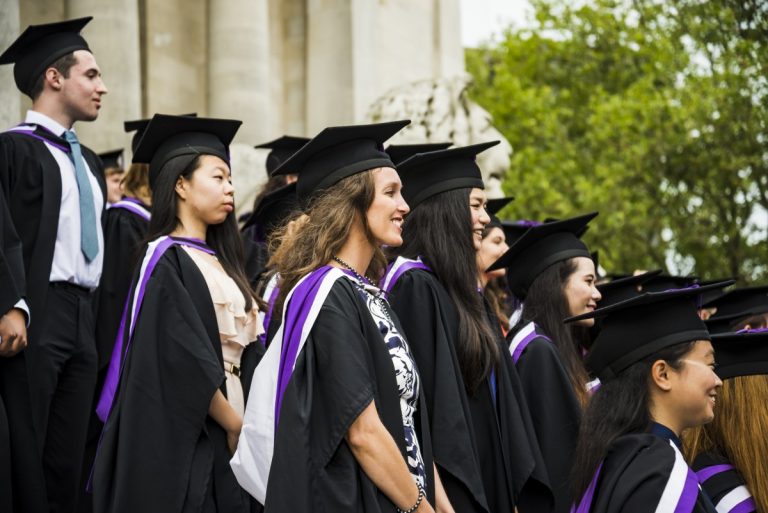
Ethnic minority students are not applying to the same institutions and subjects as their white peers, a new research has found, a result researchers warn could lead to “segregation”.
Minority students are more likely to go to new universities in London and big cities while white students prefer to attend predominantly white institutions, according to the study by the Institute for Policy Research at the University of Bath.
“Students from the most and least diverse neighbourhoods tend to attend universities which
have a similar level of ethnic diversity to their home neighbourhood.,” said the study, titled Diverse Places of Learning.
Researchers used data from students going to university in 2014/15 to analyse how the ethnic mix of where students grew up in influenced their choice of university.
Find full data on the ethnic diversity of each UK uni (https://t.co/2pfzVRjYfK) & course (https://t.co/9ypznNhwiN) https://t.co/NOSggdo5lu
— Student Mobilities (@HEMobilities) August 15, 2017
The study found some universities score really high on the diversity scale, with almost three-quarters of its UK cohort coming from ethnic minorities – in about 20 universities, these students even make up the majority. However, in some schools, 95 percent of its students are white.
What’s the story behind these choices?
Research leader Dr Michael Donnelly said young pupils from minority groups felt “uncomfortable or thought they might be stared at” if they went to schools that had few other minorities.
As for white students, growing up in less diverse areas led to a higher likelihood to applying to institutions that are less diverse as well.
Only 12.3 percent of these go to the “most diverse” universities – however, the study noted “these universities are still more diverse than where they grow up”.
Shocking to read only 25 (0.3%) black Caribbean students entered Medicine or Dentistry courses in 2014-15. https://t.co/MQTXiRpfAv #STEMM
— Windsor Fellowship (@Windsor_Fellows) August 15, 2017
The figures are even more polarising when it comes to subjects – only 25 students, or 0.3 percent of the 2014/15 intake for medicine and dentistry courses, were from black Caribbean families.
Veterinary sciences only fared slightly better – 95 percent of its cohort starting their course in 2014/15 were white students.
What these findings reveal are “major problems of access, equality and social mobility” in British, according to the study.
Echoing the researchers’ concerns, Dr Matt Dickson, from the University of Bath’s Department of Social and Policy Sciences said more needed to be done so that “students from different classes and ethnic backgrounds learn together in the same institutions”.
“If we are to create a more tolerant UK society, where people are aware and respectful of cultural and ethnic difference, it is vital that greater mixing happens,” says Donnelly as quoted by the BBC.
Liked this? Then you’ll love these…
The long and tangled history of selective schools with race and class







